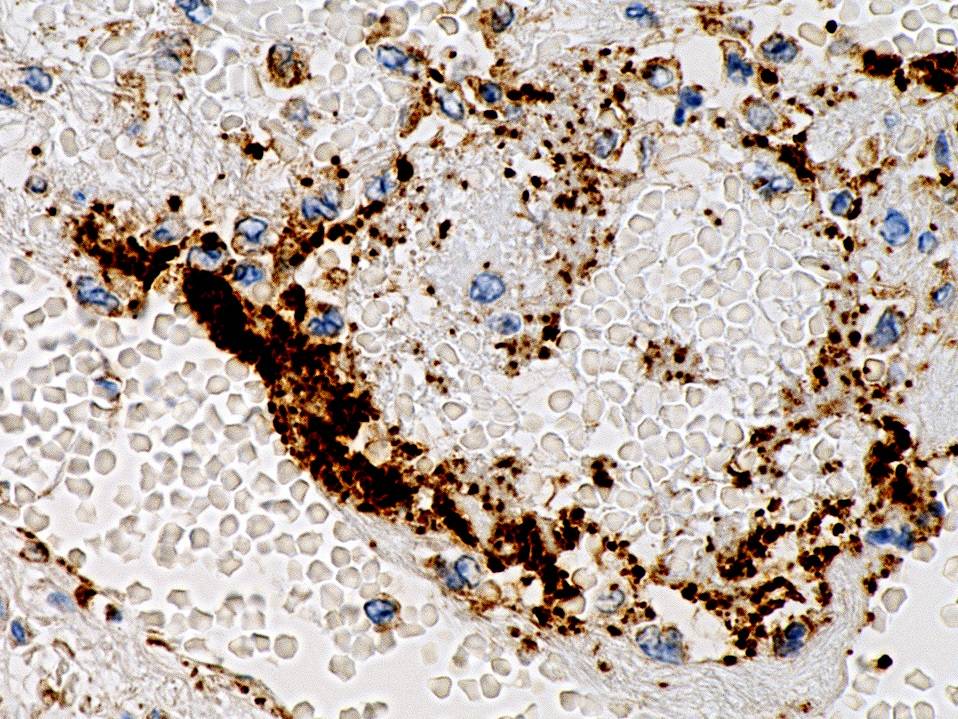COVID-19 patients with particularly elevated levels of a protein called MYL9 in their blood post-infection were likely to suffer from severe symptoms, a research team led by Chiba University Hospital has found, suggesting that the protein could be used as a biomarker to predict the possibility of patients developing a serious case of the disease.
In a study published in late July in the U.S. journal Proceedings of the National Academy of Sciences, researchers analyzed blood samples collected from 130 COVID-19 patients who were treated at 11 hospitals in Japan. They found that the higher the levels of MYL9 in their blood were, the longer their hospitalization periods were.
MYL9 is a protein that exists in platelets — tiny blood cells that can form clots to stop bleeding. When blood vessels are damaged, platelets release MYL9 to achieve this clotting.


















With your current subscription plan you can comment on stories. However, before writing your first comment, please create a display name in the Profile section of your subscriber account page.